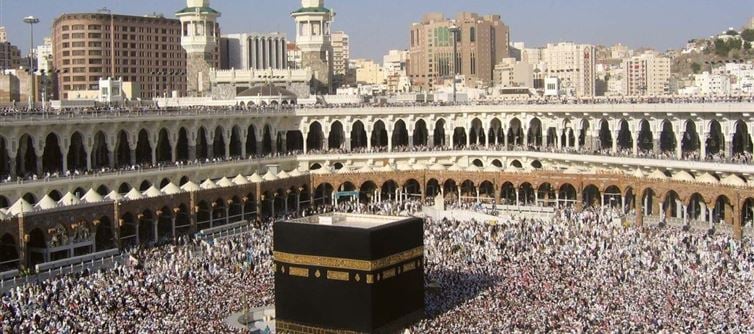
In contrast, religious sites like the Vatican and Jerusalem are open to people of all faiths, reflecting more inclusive policies that encourage interfaith engagement and cultural exchange. The openness of such sites has often been seen as a gesture of goodwill and universality, allowing people of different backgrounds to learn, reflect, and connect through shared human experiences. The comparison highlights a tension between religious exclusivity and global norms of openness and equality. While every religious tradition has the right to protect and preserve its sacred spaces, doing so in ways that appear to discriminate can raise difficult ethical and political questions.
Labeling the Mecca policy as "apartheid" is a strong and loaded accusation. Apartheid, as defined by international law, involves systematic racial segregation and oppression by a government or dominant group. The Mecca restriction, while discriminatory by modern secular standards, is religious rather than racial or ethnic, and is not enforced as part of a broader system of oppression. However, the sentiment behind the criticism is valid: in an increasingly interconnected world, such exclusionary practices can feel alienating and contradictory to the principles of equality and mutual respect. Conversations about reform and inclusivity—even within religious contexts—are important, especially when religious laws intersect with modern global values.




 click and follow Indiaherald WhatsApp channel
click and follow Indiaherald WhatsApp channel